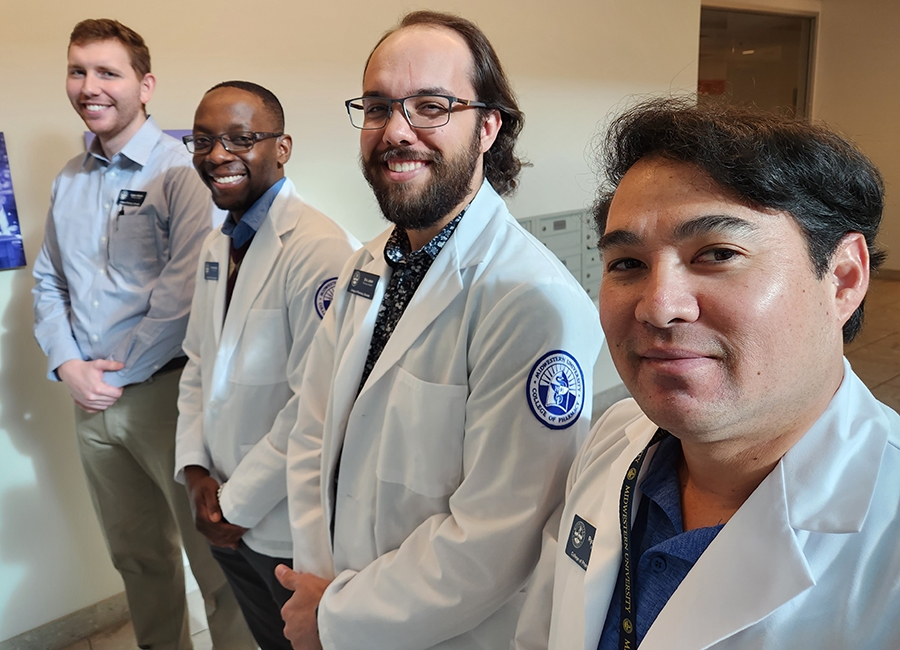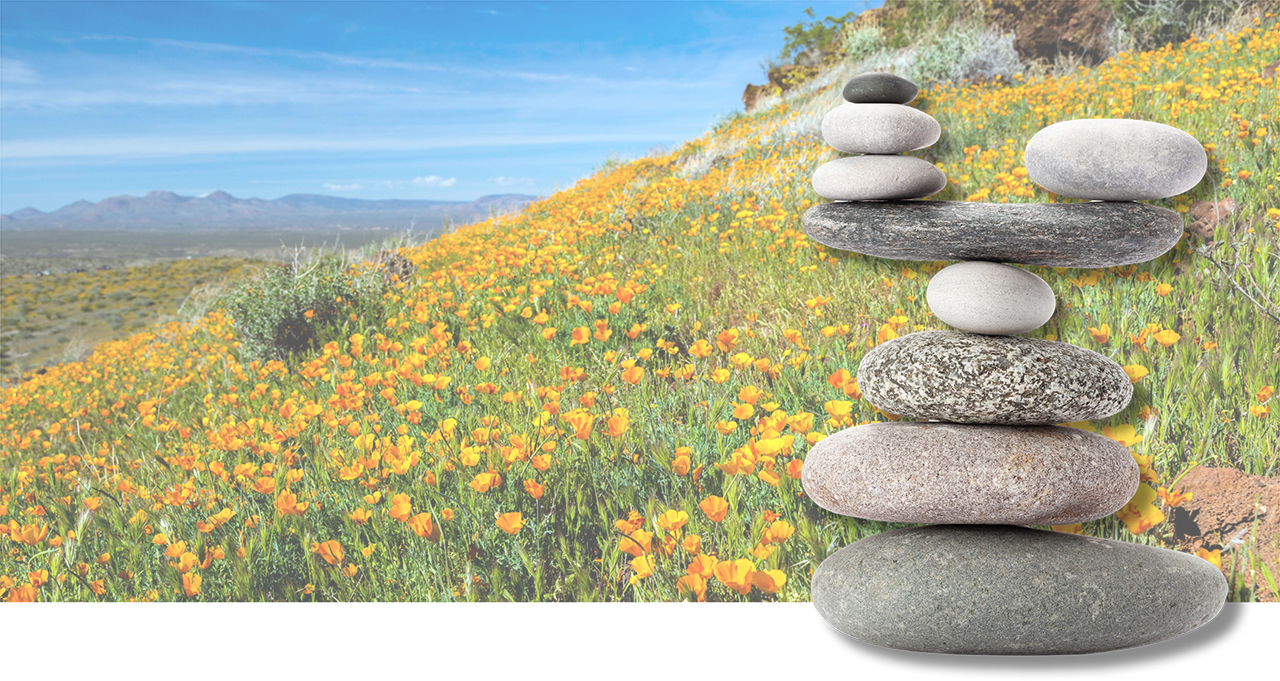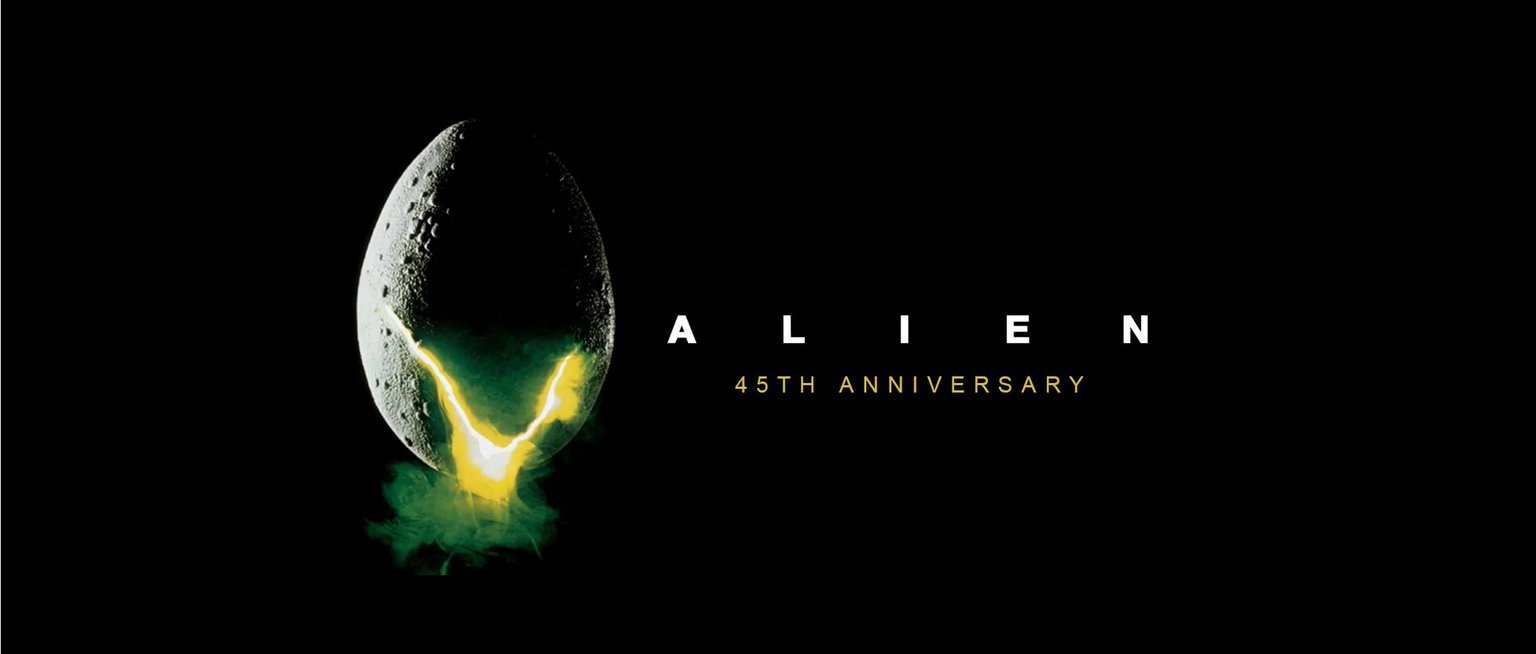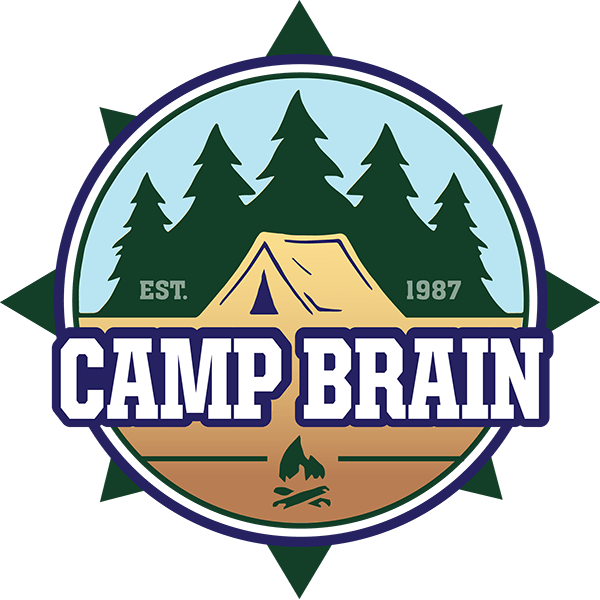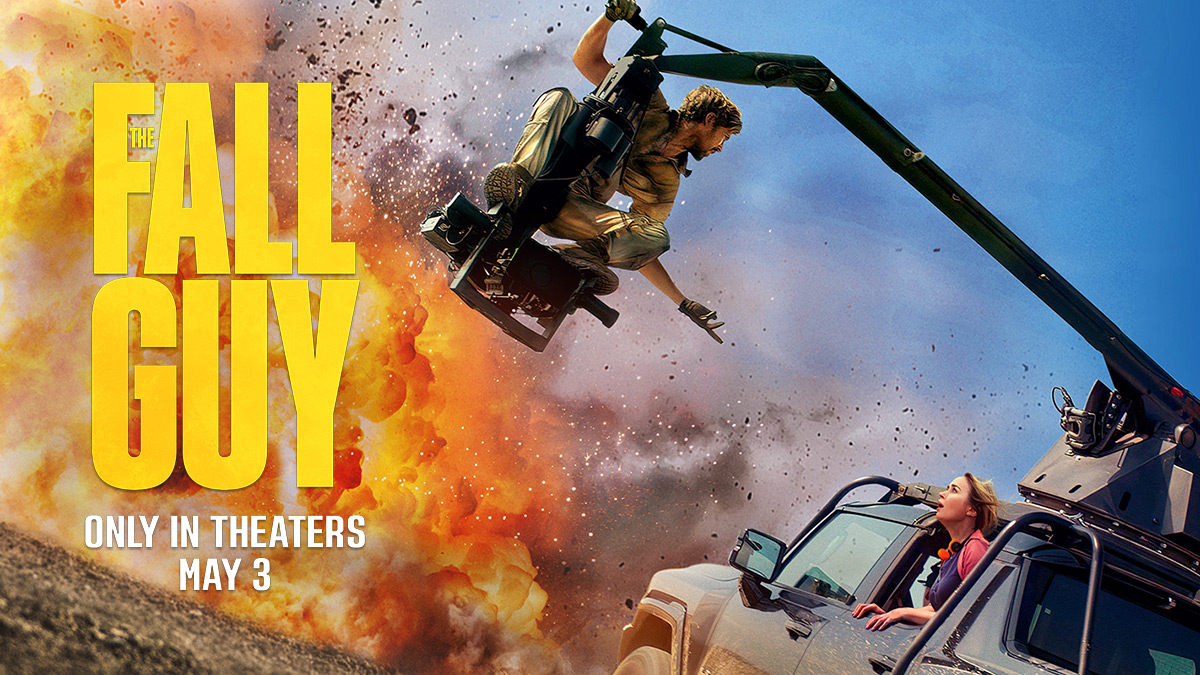School of Pharmacy Students Study Up on Brain Injury Supports and Services
Logan, Praise, Ryan, and Eric are all students in the College of Pharmacy at Midwestern University, but for five weeks in December and January, they also took part in the university’s Community Partnership in Public Health program, which paired them up with participating non-profit, the Brain Injury Alliance of Arizona. Under the expert guidance of Director of Care Coordination Brittany Sweeney-Lawson, they gained insights into the world of brain injuries and the importance of having supportive systems and resources in place.
“This was an incredible group,” says Brittany. “We’re proud of this program and the way we’re able to provide pharmacy students with real-life experience. These four embraced the spirit of what we’re trying to accomplish by broadening their own horizons.”
All four students recently discussed with Brain Waves what they learned from their time with the Brain Injury Alliance (BIAAZ).
“These four embraced the spirit of what we’re trying to accomplish by broadening their own horizons.”
School of Pharmacy Students Study Up on Brain Injury Supports and Services
Logan, Praise, Ryan, and Eric are all students in the College of Pharmacy at Midwestern University, but for five weeks in December and January, they also took part in the university’s Community Partnership in Public Health program, which paired them up with participating non-profit, the Brain Injury Alliance of Arizona. Under the expert guidance of Director of Care Coordination Brittany Sweeney-Lawson, they gained insights into the world of brain injuries and the importance of having supportive systems and resources in place.
“This was an incredible group,” says Brittany. “We’re proud of this program and the way we’re able to provide pharmacy students with real-life experience. These four embraced the spirit of what we’re trying to accomplish by broadening their own horizons.”
All four students recently discussed with Brain Waves what they learned from their time with the Brain Injury Alliance (BIAAZ).
“These four embraced the spirit of what we’re trying to accomplish by broadening their own horizons.”
Brain Waves: What were your initial impressions of BIAAZ?
Logan Abbott: I was excited to come here since it has a cool name. I’ve worked at a rehab center but didn’t realize that the duration of recovery from brain injury was so long.
Praise Setodji: When I was assigned here, I was super excited, because I always wanted to know how the brain works. What I realized is that diagnoses aren’t always clear, especially when the root issue is traumatic brain injury (TBI). This was really eye-opening.
Ryan Rodrigues: They explained that they have resources to help families and people who don’t even know they had brain injury. What impressed me most was the Brain Injury Alliance’s manpower and passion.
Eric Jelen: I didn’t know much about BIAAZ. Now I see how a relatively small organization can make such a big impact for people with TBIs and other forms of brain injury.
BW: What has surprised you the most during your time with BIAAZ?
Ryan: For me, it’s the impact of having people advocating for you. The people here are excited to help and spread knowledge throughout the community.
Eric: The art program. I like how it helps survivors heal by expressing themselves.
Logan: Yeah, I liked how the Unmasking Brain Injury art program gets people to reveal more about what it means having an invisible disability.
Praise: What surprised me most is how many people don’t know they have a TBI until they meet someone with the same symptoms. This makes it more relatable. I was really moved by *Shawnique’s story.
*Shawnique Cotton sustained a spinal cord injury and brain injury when she was shot in the back. She has since become a visible advocate for understanding the signs and impact of brain injury. Learn more about her story here.
BW: Praise was really affected by Shawnique. What other survivor stories stood out to you?
Ryan: I think of the story of the person with a brain injury who parked in a handicapped stall. An officer approached him because he had no trouble walking. Like many people, the officer had preconceived notions of disabilities and said he shouldn’t park there. The survivor then explained his situation and the officer got it. We need to be open to difference.
Eric: Ann Zuccardy’s. She had always regarded herself as intelligent. Then she got a brain injury from slipping in a bathtub and had to figure out her new life. This meant going slower to move around as she adapted to a new way of living. To me, that’s real intelligence on so many levels—for example, as an adaptation, looking for the most responsible person to cross a street with.
Praise: I agree with Eric. Ann got to me. You realize intelligence is about being creative, resilient, and curious. If someone can tell you it’s OK to be different, that’s powerful!
Logan: There was a pregnant woman with issues who got the wrong medication and had a stroke. She’s now with a newborn with prolonged brain injury. I learned that people with brain injury often live with half of what was there before and don’t know where to turn.
BW: What has been your greatest takeaway from this experience?
Ryan: Brain injury is invisible, and very hard to identify unless you know or live with someone who has it. Everyone can relate because it impacts your longevity. Ann Zuccardy practiced turning her mind off, showing how important it is to be aware of your life and surroundings. We can appreciate our own capabilities by learning how to sit peacefully and reflect where [in your journey] you are now.
Praise: I need to be more aware of people who may have a brain injury. I didn’t know anything about this before. We need to tell patients it’s OK to have a disability. It reminds me of Mimi’s story.
*Mimi Hayes’ brain hemorrhage was initially misdiagnosed. During recovery, she pursued a career in comedy and chronicled her recovery in her book, I’ll Be OK, It’s Just a Hole in My Head: A Memoir on Heartbreak and Head Trauma.
[In her TedTalk], Mimi said she was masking her pain with laughter. We all mask things that we’re going through but you need to recognize [what the laughter is covering] so you can get help. Sometimes we talk to doctors who don’t even pay attention. It’s important to have a listening ear that cares.
BRAIN WAVES: What do you feel makes the BIAAZ’s work impactful?
Eric: I didn’t know this organization existed originally, but it’s so important to have these resources and the ability to get what they need. Advocacy is key.
Logan: I was impressed by all the facilitators, each in charge of a different area. They make sure caregivers know what to do – and they’re doing a lot for patients.
Eric: You feel the passion. They take care of survivors and their families.
Ryan: I was surprised by how much people have to advocate for themselves – family members, too. It’s beneficial to have an organization that you know is there to help.
Praise: Their kind and knowledgeable staff impressed me. Will Grove (Resource Facilitation Specialist with BIAAZ) explained to us how hard it is for people with TBIs to receive a correct diagnosis in order to get accommodations.
Eric: (Responding to Praise’s comment) I had no idea how hard that was. Years ago, my father went to the VA for a physical. They told him to come back in a year-and-a-half. I can only imagine a survivor with a TBI trying to navigate this—without an advocate! It’s amazing how BIAAZ has a team dedicated specifically to veterans and military servicemen and women.
BRAIN WAVES: Anything else you would like to share?
Eric: Do no harm, first, foremost, and always.
Logan: I hope that during our presentation in class that our fellow students will see everything we’ve learned here, and how it will actually help people with brain injury and their families.
ABOUT BRAIN INJURY ALLIANCE OF ARIZONA
The Brain Injury Alliance of Arizona (BIAAZ) is the only statewide nonprofit organization dedicated to improving the lives of adults and children with all types of brain injuries through prevention, advocacy, awareness and education. BIAAZ also houses the Arizona Brain Health Resource Center, a collection of educational information and neuro-specific resources for brain injury survivors, caregivers, family members and professionals.
What began in 1983 as a grassroots effort has grown into a strong statewide presence, providing valuable life-long resources and community support for individuals with all types of brain trauma at no charge.
The Brain Injury Alliance of Arizona:
- Works with Congressional Brain Injury Task Force
- Houses Arizona Brain Health Resource Center
- Hosts virtual and in-person support groups for survivors and families
- Has Statewide Opioid Use Disorder & Cognitive Impairment Response team with peer support, training, and family wraparound services
- Facilitates Brain Health Advisory Council
- Manages statewide Help Line: 888-500-9165


